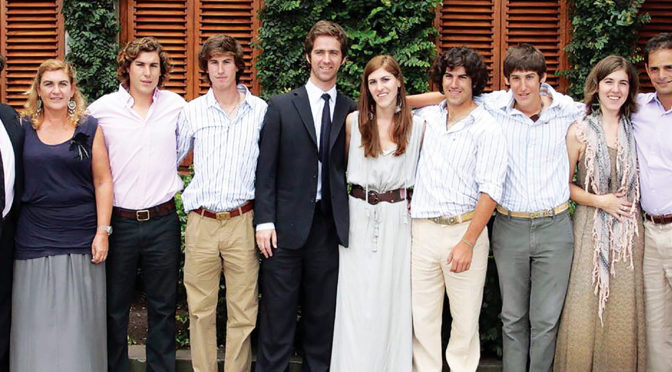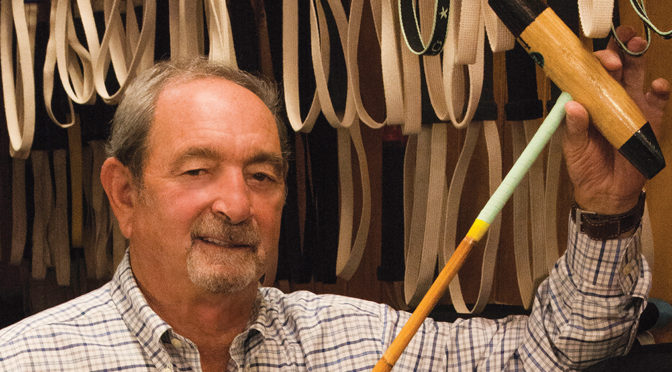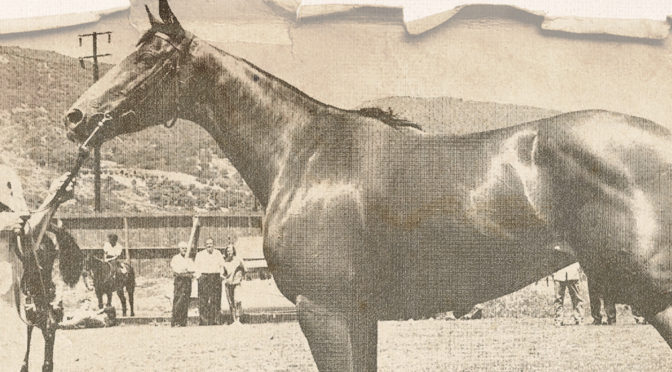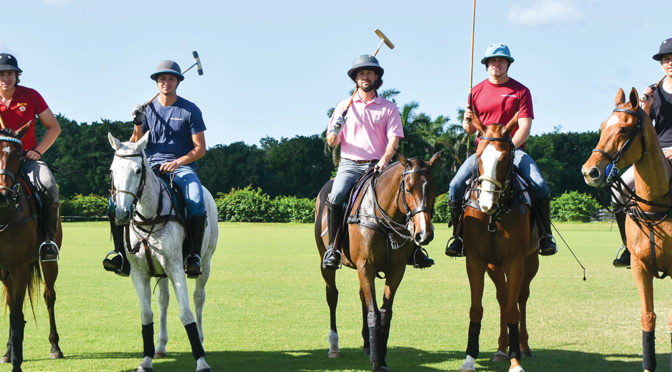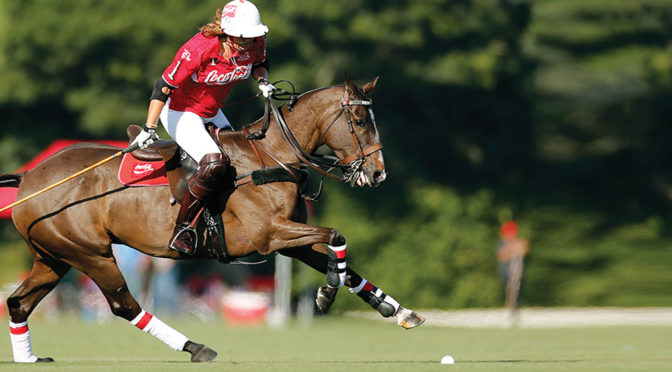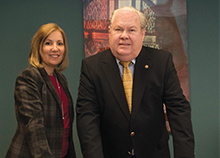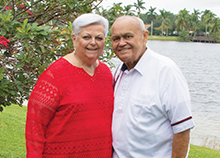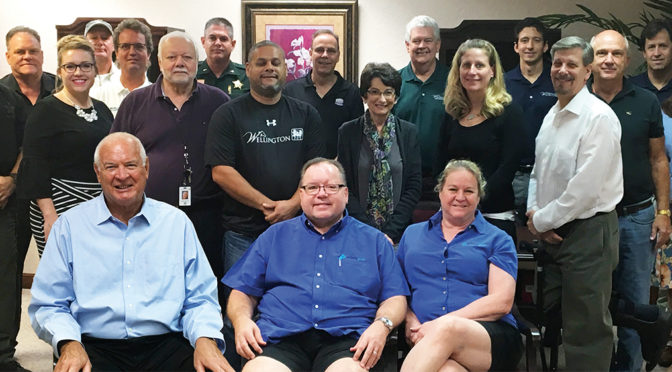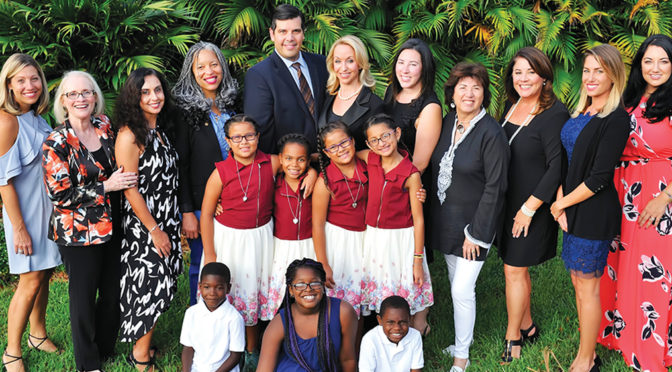Obregon Family Finds Success During Wellington’s Winter Polo Season
There are many occupations in the world that require travel, but the polo industry demands excessive time on the road. It can be exhilarating and adventurous for the young and curious, but taxing on those who long for an established home and lifestyle.
None know the positive and negative attributes of polo better than the Obregon family. With three generations of players, the Obregons understand what it takes to make it on the field and stay competitive.
The family’s involvement with polo began with their grandfather when he joined the cavalry and started playing polo in Argentina. After completing his military service, he continued to play polo, even traveling to England and New York to compete. Following in his father’s footsteps, Mariano Obregon entered the military during his 20s in Buenos Aires.
Later, he and his wife Margarita moved to Denver to pursue his professional polo career.
Margarita also came from an equine background, riding and competing in the sport of show jumping for many years in Argentina. Today, they live on a farm just outside of Aiken, S.C. Rather than traveling back to their native country during the popular high-goal fall season, they stay in South Carolina and relax on the farm.
The patriarch of four very successful high-goal players, Mariano Obregon began teaching his sons polo at a young age. He started them off with the basics of the sport and taught the classic style and discipline of the game first. But it was never required or expected that the boys would continue the polo tradition.
“If you liked to play polo, you played. If you didn’t like to play polo, you didn’t,” said Geronimo, the youngest of the four brothers.
Yet, they all did. All four brothers improved their skills and eventually began playing in top tournaments throughout their home country of Argentina, as well as the United States.
The oldest of the brothers, Mariano Jr. or “Nino,” began riding and competing at age 12 in Argentina. Facundo and Juan Martin followed, and started playing at just eight years old and six years old, respectively. Geronimo competed in his first tournament by age nine.
Their father’s military background meant he could be a strict parent at home, but that helped the boys improve their discipline on the field. Geronimo dedicates much of his achievement and character to his dad.
“He taught us the meaning of working hard and appreciating what you have,” he said. “We were expected to tack up our own ponies and get on without help.”
None of the boys had grooms growing up, even when traveling to tournaments with a full string of six to seven horses. But they value each person on their team today who works hard and helps them succeed.
As a young and aspiring player, Geronimo loves to travel. Playing in different places helps his game and technique. “In Argentina, the game is much more open and fast-paced, whereas in the States, it’s more controlled,” he explained. “So, you get in a special mindset when playing in each location based on the style of play.”
When there are multiple Obregons on a team, however, the sport sees a whole new style of play. Not only is it more fun for the brothers to compete together, but it gives them an advantage.
“You click a little bit faster than regular teams. You know them and exactly what they’re going to do and how they react, so the play is faster, too,” Geronimo said, adding that when playing against one another, the competitiveness increases. “[You] definitely feel the pressure to win because you want to beat them, and when you’re the youngest, you want to beat them even more.”
The Obregon family can be seen playing at the International Polo Club Palm Beach this season or battling against the boards in Gladiator Polo, but one thing remains for sure, the polo in their blood runs deep, and their passion for family and the game are evident.
Their rise to the top of the sport has been a long road, but the family that plays together stays together, and is eager for a competitive season this year in Wellington.
